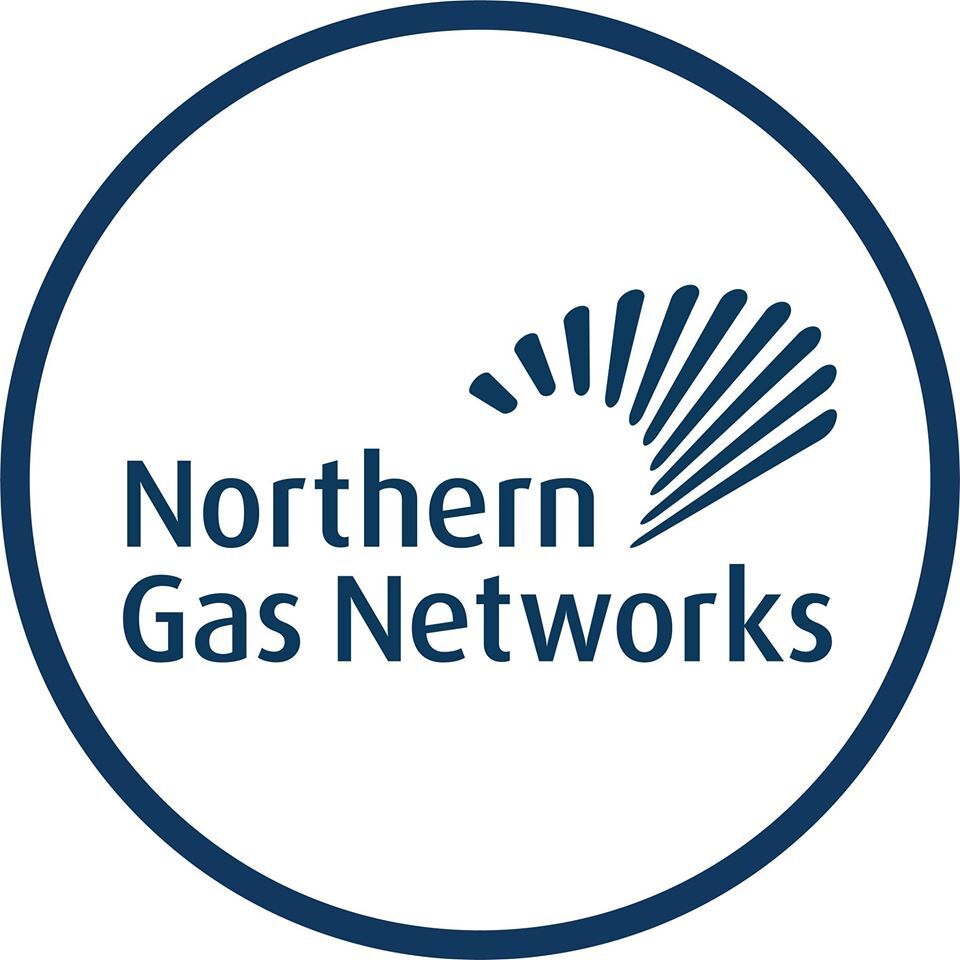Sponsored Post
By Heather Norris Nicholson
Continuing KLTV’s sponsored articles about Northern Gas Networks, recent weather offers an ideal opportunity to explore how NGN is responding to issues of climate change and the UK’s target of net-zero carbon emissions by 2050.
So far, August 2020 has seen yet more of the weather extremes that researchers now link directly to global climate change.
As these changes in weather patterns become more frequent, the evidence of society’s major impact on climate change and the wider environment becomes more obvious and need for action more urgent.
Although the 2020 UN Climate Change conference has been postponed until next year, the UK’s energy industry has time to think about its own role on decarbonisation.
NGN is well on with its own strategic planning for greener, smarter, future energy provision as shown by its latest Innovation Report. https://www.northerngasnetworks.co.uk/document-library/
As the UK’s most efficient gas distribution network ( according to Ofgem benchmarks) and the region’s provider of gas to over 2.7 million homes and businesses, NGN is committed to reducing its business carbon footprint and limiting its impact on the wider environment.
With responsibility for 37,000 km of gas mains, enough to stretch from Leeds to Sydney, Australia and back, there is plenty of scope for innovative thinking at every stage of the process, while also keeping customers safe and energy at affordable levels.
Setting goals to develop clean and sustainable forms of energy has driven NGN’s leaders to develop the case for the role of hydrogen to replace natural gas as part of an affordable transition to a decarbonised UK.
That vision of reimagining how gas networks will operate in the future is at the heart of the H21 programme, which we discussed in a previous post.
NGN has on-going test trials underway in sites in Cumbria, North Yorkshire, Derbyshire and Cheshire.
Richard Hynes-Cooper, Head of Innovation at Northern Gas Networks, is optimistic.
“As we move away from carbon-based fuels towards a greener gas network, innovation has a crucial part to play in developing new sources of energy for the future.” He said.
School science lessons may be reminders of how when hydrogen is burnt, it produces heat and water – and nothing else – making it a clean, sustainable way of heating homes and businesses. Studies to explore the viability of injecting and blending of hydrogen into natural gas networks are providing exciting evidence that long term conversion to hydrogen is technically and financially sustainable.
Neil Travers, Project Manager at NGN, explains: “Hydrogen is lighter than natural gas, which means we need three times the volume to provide an equal amount of energy.
“We need to make sure that all our existing infrastructure and processes can still work as normal.”
Another priority is keeping NGN’s customers happy. The evidence so far shows that there is no need for customers to change their domestic appliances – making this a cost-effective and relatively simple first step towards a 100% hydrogen solution.
Richard said: “Hydrogen and biomethane are both potential green fuels of the future, and NGN already has an established biomethane programme, working with suppliers across our region”.
Making it easier for biomethane producers within the emerging biogas industry to get their product into NGN’s network helps the move from carbon-based fuels and increases the amount of green gas in the region’s gas pipes.
Mark Horsley, NGN’s Chief Executive Officer, offers a regional overview: “By the end of 2020 we’ll have around 700 of our customers being supplied with natural gas blended with up to 20% hydrogen.
“We have 17 live biomethane sites which provide enough energy to heat 100,000 homes.
” Projects such as these will provide evidence to support government policy and plan to achieve net-zero.”
Mark believes that NGN and its partnerships are well-placed to tackle the urgent threats posed by climate change due to the ambitious and wide-ranging programme of projects that are quite literally, in the pipeline.
This bodes well for us all – in and beyond Yorkshire.

Northern Gas Networks delivers gas to 2.7 million homes and businesses in the North East, Northern Cumbria and much of Yorkshire. They employ 1,300 people, as well as providing regular work to approximately 800 contractors.
Kirklees Local TV is working in partnership with NGN to highlight promote the work they do across the region.















